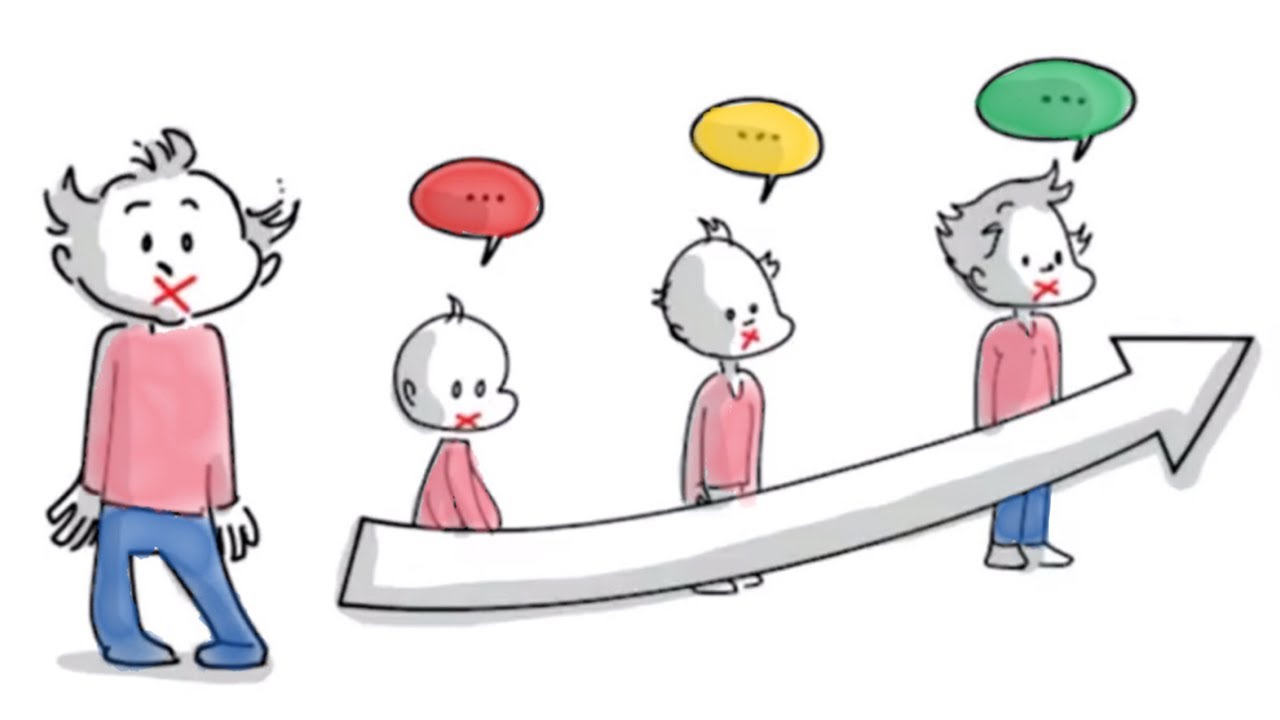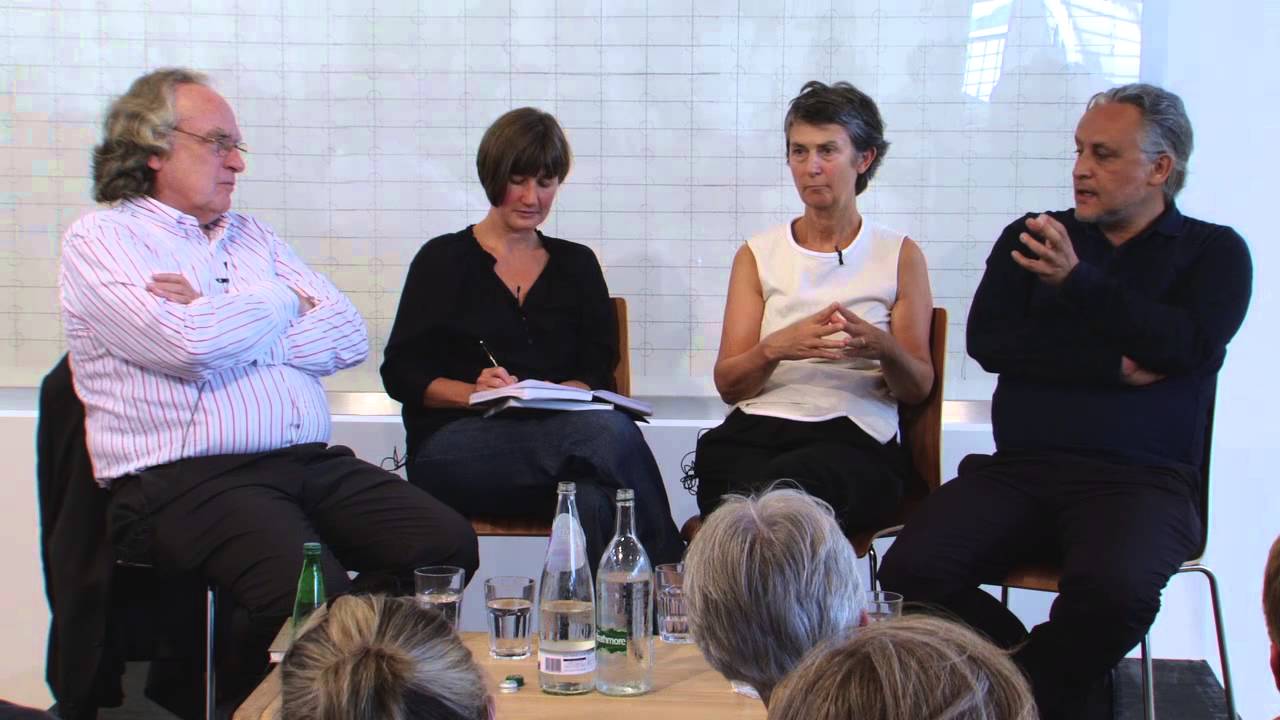Sprouts
Of all mankind’s inventions, none was more consequential than the birth of language.
Our brain’s foundation is built through experiences early in life. Pat Levitt, from the Center on the Developing Child at Harvard University, studied our brain development over the course of our life extensively.
In this video, we’ll look at four things known about Language Learning in general and then listen to the story of lucky Lucy and poor Pete to understand the importance of language in everyday life.
A special Thanks to our Patrons: Avigail, Cedric Wang, Gilad Karni, Eva Marie Koblin, Julien Dumesnil, G3077r3y C0rc0ran, Mathis and the others. You are amazing !!!
Join our supporters and help us reach students and teachers worldwide with friendly videos that explain difficult things simply: www.patreon.com/sprouts
Read the entire script here: https://docs.google.com/document/d/1GsiU4sWxLRLi5k_EYz_TfA9mNsCVlYMBO2UeTgGVfIQ/edit?usp=sharing
Source




Question: what happens to kids when parents speak in their native language but where they live the language is different. Will that cause issues on the little one’s ability to learn in school?
I just ate a magical fruit at the bottom of the tree. Let me tell people about it 😂
love it, just 1 minor comment on the character of nanny wearing vietnamese hat all the time, it is such a stereotype.
Wow it sucks to be Pete
Welp, glad I could get some validation here about why my kids have speech delays. I spent most of my time too exhaused to talk and too exhausted to take them out to social situations. It seriously annoys me people keep saying "it's not your fault" when I know it absolutely is. They clearly began to improve once I started reading to them on a regular basis and clearly stagnated when I stopped again. (It's hard to read when they fight if they're too close to each other and I'm trying to keep the baby from ripping the pages of a library book!) They're 3 so I suppose there is still time for them to recover some lost ground. I have a better handle on things now so maybe the baby will have better luck with his language development.
Lucy and Pete get married
Thanx
Now make a video on how to learn a language for adults.
Yes this is true , I have been learning English for 5years via academic way but unfortunately I can't to reach to fluency
You really need to put the name of the narrator in the description. I swear I've heard this guy somewhere.
This is legit.
Sir/mam which video editing software you use for this ???
Fucking hell knowing these facts I’m gonna be the best fucking father ever
Very interesting truth
There are parallels in this story to that of helicopter parenting. In the story, the problem is the language barrier of the nanny. In the bubble wrapping child parallel, the problem is the hindered experiences from the nanny state that believe that EVERYTHING is dangerous and is overprotective. This results in the child is hindered greatly on exploring. Schools also focus on test scores so that they can receive maximum funding. They reduce free play because it gets in the way of precious study time.
This reminds me of my daughter and non-verbal autistic son, despite their environment and influences being much more similar. I definitely think Pete will likely find ways to compensate for the areas he lacks. I'm positive there are plenty of successful Petes'. Lucy just has a measurable advantage.
Nah Pete is done for. Grow as a nerd and be bullied
A very interesting topic, thank you. I think that he can definitely catch up, but it will be hard and will only get harder as he gets older. By the time he realises that he has some catching up to do it might be too late. A good teacher would see that he needs help and may help him.
Poor Pett…
Given what I know now, my future kids will be geniuses
I love that you folks present an argument, and then explore other possibilities. It's a strong premise and I think it has merit, especially in a society that values language so much. I do think that Pete would certainly compensate in unexpected ways. For what he may lack in solidifying the depth of his language abilities, he may end up strengthening non verbal communication skills. Perhaps a stronger reliance on facial recognition and even possibly empathy to make up for it?
Yeah it's all speculation, but I think above all else, children will naturally explore their world. Peters going to learn SOMETHING.
I know an infinite amount of words… and all of their opposite reciprocals
Kids also learn their language at primary schools from teachers and peers
Before I had my first class I had a beautiful childhood, but I never learned how to calculate and I was an immigrant. So I couldn't understand what the teacher was saying and my mom couldn't teach me mathematics. So I read a lot to learn the language but missed first math classes.
I got my a levels because math was not part in it. I'm so thankful because I'm 20 and I use my fingers to calculate 😀 language is so important! I think that's the only reason why I'm so bad with math. I had a Traumata because numbers were hieroglyphics to me. My teacher knew I was an immigrant but never helped me.